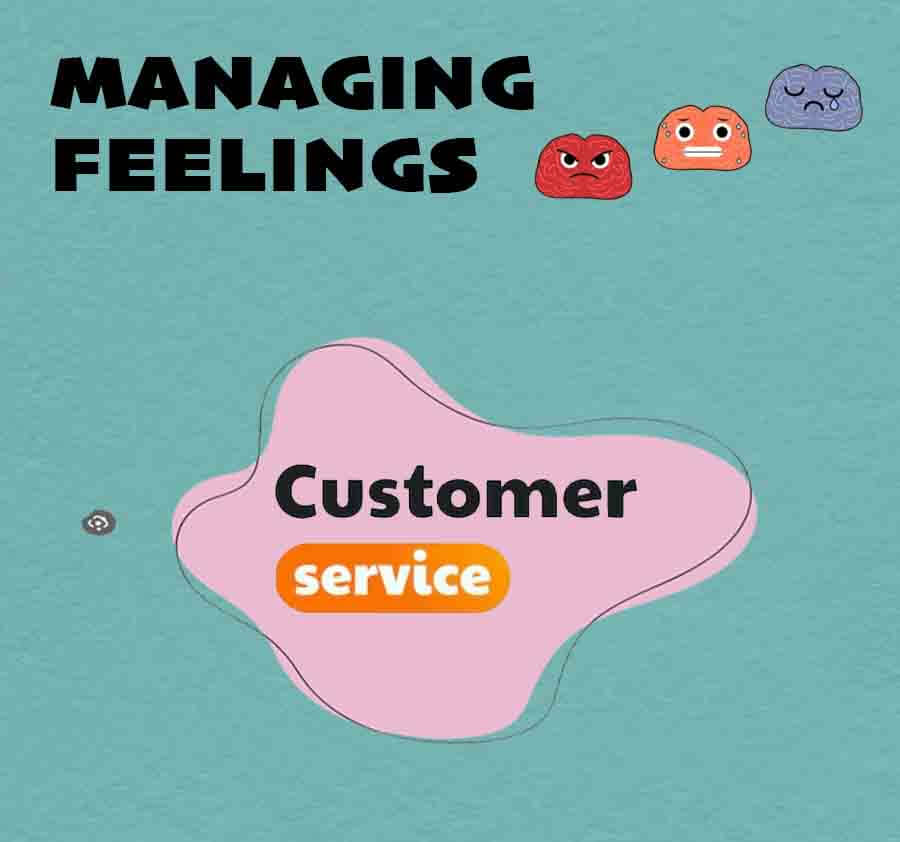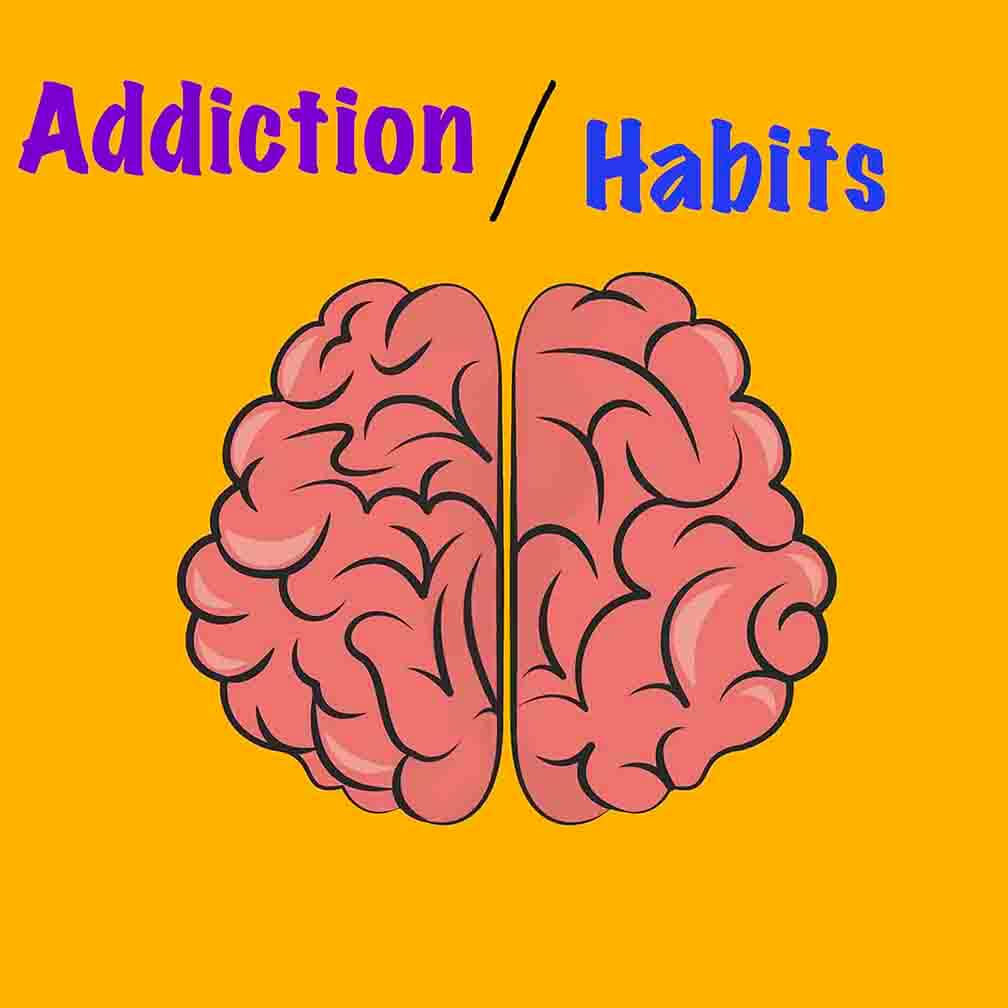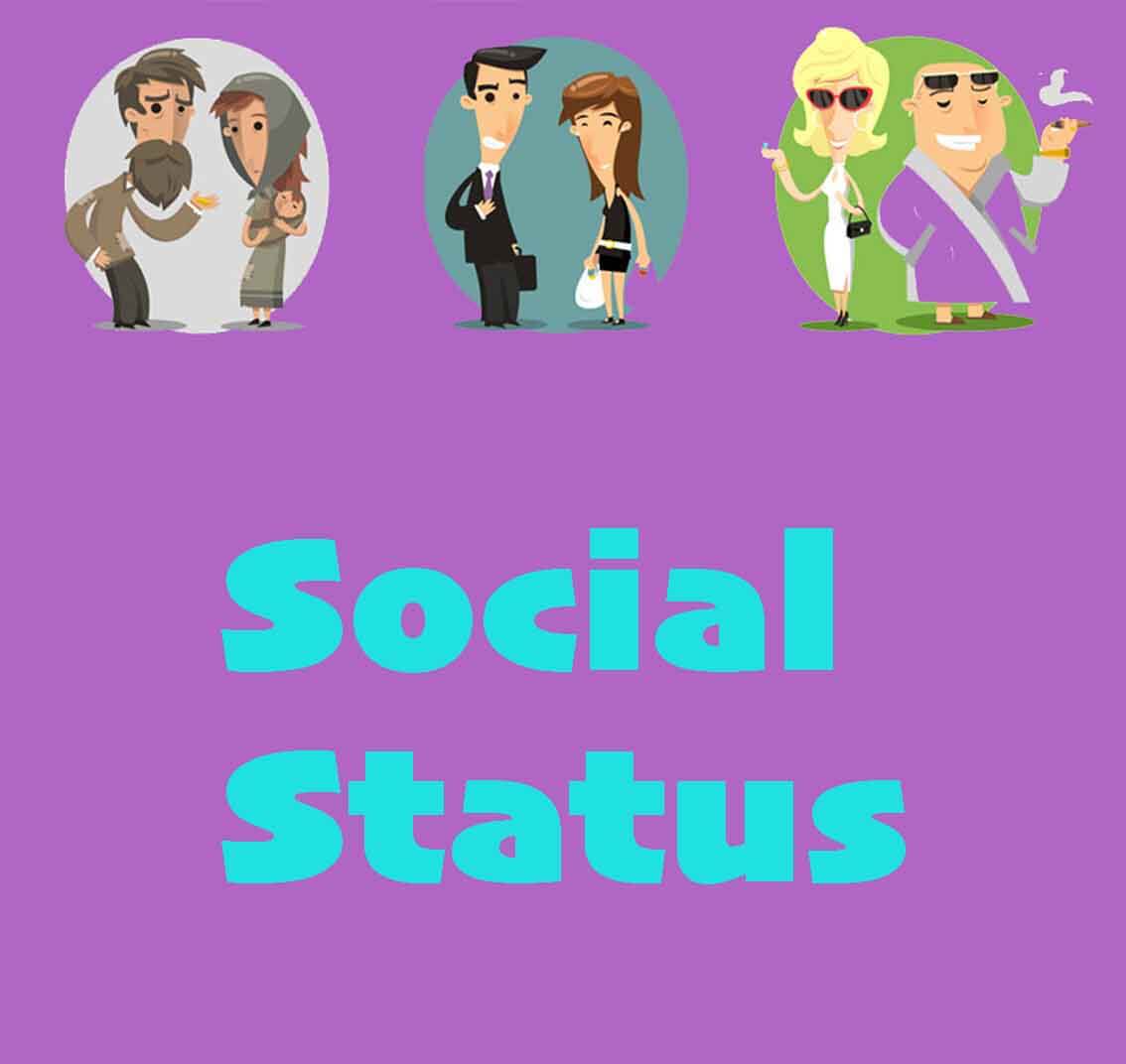Would you ever stay with strangers, when traveling away from your home? Do you think you can trust the people you’re meeting for the very 1st time easily while sheltering in their houses?
With Airbnb, these occurrences are very common in today’s world. Travel is known to open your eyes and your mind to an abundance of experiences, environments, languages, and cultures. And with Airbnb, travel is bringing more people closer to each other and letting them make great memories and friendships. ‘The Airbnb Story’ by Leigh Gallagher is a brilliant masterclass for those who want to build community & who want to scale. Gallagher has penned down the remarkable story of the creation and growth of Airbnb – the online lodging platform – the largest provider of accommodations in the world. It’s the story of three co-founders – Brian Chesky, Joe Gebbia, and Nathan Blecharczyk – who managed to disrupt the $500billion hotel industry – its billion-dollar valuation is now larger than that of Hilton and Marriott. Gallagher mentioned how founders have a tough time starting Airbnb, since 2007, when Chesky and Gebbia rented out the air mattresses of their 3-bedroom apartment during an event, to meet San Francisco’s hotel supply, how they launched a cereal-based marketing stunt and managed to aboard one investor, how they built the company while stayed true to Airbnb mission, how they managed to tackle the safety issues with verified ID system and how Airbnb kept growing, expanded its customer base and kept launching new products.
I would like to analyze the story with a product building perspective i.e. what are the trust levels of users for online lodging platforms, what and how do users research before while making their travel plans with strangers, how do they make decisions. Let’s begin…
3 key problems of business travelers:
In 2000s, business executives were traveling across the country to attend the events based on their industries. Many of them were traveling at their own expense. In San Francisco, Chesky and Brian realized the following 3 key pain-points for these executives:
- Expensive hotel rooms
- Non-availability of the rooms of their choice in local hotels
- Unable to find right rooms for them (business executives) from platforms like couchsurfing, roommates, craiglist etc.
JTBD analysis:
Let’s analyze this from Jobs-to-be-Done (JTBD) lens and see what jobs were users trying to perform here. As I mentioned in this story, the following is the statement structure for a Job-to-be-Done:
When (situation) —– I want to (motivation)—— so that (benefit)——
1. When I’m traveling to attend my industry events and seeking to book a hotel room, I want to be able to find and book rooms in the local hotels, so that I can reach the event venue on time.
2. When I’m traveling to attend my industry events and seeking to book a hotel room,I want tobe able to find and book affordable rooms of my choice, so that I can well manage my budget during the trip.
3: When I’m traveling to attend my industry events and seeking to book a non-hotel room, I want to be able to find and book rooms applicable to business executives, so that I don’t have to stay like bachelors-type uncomfortably.
Chesky and Brian observed the above problems and, during a design event in San Francisco in 2007, they rented out the air mattresses of their 3-bedroom apartment. By doing so, they got the chance to interact with the travelers and learn about them. They noticed that executives are comfortable with this new kind of travel – affordable and adventurous – staying in people’s homes, connecting with like-minded people. Soon after that, Chesky and Brian along with Blecharczyk launched Airbreadandbreakfast.com – for those people who want to rent out extra space by offering just an Air mattress and breakfast and get the opportunity of earning extra money.
Platform Growth and Customers Pain-points:
The low-hanging fruit for the founders were the people who were travelling frequently to business events. They had a tough time starting the platform and getting traction. In Jan 2009, the broke founders decided to give their last shot and analyzed the following 2 major pain points:
1) People (hosts) had trouble pricing their properties.
2) Clicking and uploading good photos was a huge problem.
Airbnb doesn’t position itself as a tech company, but rather a hospitality company. So, it looked at customers’ problems from the hospitality point-of-view and differentiated itself in the market. Let’s analyze the customers’ pain points in the form of Jobs and look at the product development and launched by Airbnb.
JTBD analysis (evolved):
1) When I’m finding a place to stay during travel, I want to be able to look at the property in detail, so that I can be assured of the stay of my choice.
2) WhenI’m finding a place to stay during travel, I want to be able to know more about the hosts and their history, so that I can trust the hosts and be assured of my trouble-free stay.
3) WhenI’m finding a place to stay during travel, I want to be able to find the property based on hosts’ relationship management skills, so that I can have good conversations with the local hosts, learn more about their culture and have a better experience at an intimate level.
4: WhenI’m finding a place to stay during travel, I want to be able to find the property based on its look, feel, location, price, and availability, so that I can be assured that all parameters are checked for my comfortable stay.
5: When I’m finding a place to stay during travel, I want to be recommended on nearby spots which are worth visiting, so that I can make my travel experience worthy.
6: When I’m booking a place and foreseeing any problem, I want to be able to get in touch with customer care on time, so that I can be assured of my trouble-free stay.
Defining Value Proposition (linking with Forces of Progress)
The next step is to link each Job with forces of progress and define the value proposition (way of doing the job) for each, as I have mentioned in this story. Following is the link between the Jobs and value proposition (not mentioning the situation column).
| Motivation | Benefit | Way of doing the Job |
| See property in detail. | Assurance of stay of choice. | Detailed photos from different angles. |
| Know more about hosts. | Personal, intimate, and best local experience. Trust. | Reviews about property and hosts. Verified ID system. |
| Know property in detail. | Assurance of comfortable stay, within budget. | Search and filter – to get personalized matching. |
| Know more about nearby attractions. | Best local experience. | Local recommendations and hosts’ hospitality reviews. |
| Point of contact in case of any issues. | No trouble during the travel or stay. | Online customer care system. |
Creativity at core:
Out of the many reasons why Airbnb succeeded, creativity played a crucial role. It was the founders’ creative eyes that led them to build a website that was simple and intuitive. And customers were preferring Airbnb because it was quite a personal experience for them to stay with locals, understand their culture, go to their hosts’ favorite hangouts, and explore places they would have never found had they chosen to stay in hotels. That was the crux of Airbnb, and its new motto was at the heart of it – “Belong Anywhere”.
The Airbnb Evolution and new products launch:
Over time, Airbnb’s search algorithm grew more advanced, able to factor in things like quality, customers behavior patterns, & booking preferences. e.g. Airbnb can tell by its users’ past behavior that some customers like to book months ahead of time while others are comfortable with 11th-hour planning, it tries its best to match a last-minute booker with the host who has the willingness to accept those kinds of reservations, to reduce the chances of a guest trying to book and being rejected. Airbnb improved and launched many of the products:
Airbnb review system:
The company’s two-way rating mechanism prompts both hosts and guests to review one another after a stay. They provide a layer of 3rd party validation for both the host and the guest, with both parties looking to bolster their reputations for future use within the system, the incentive to review is mutual and engagement is high. Additional value of this feature – it rewards and encourages good behavior. Good reviews push the listing to the top of search results.
Wishlists:
In 2010-11, Airbnb wanted to catch the aspirations of its customers so that it can offer more personalized solutions. Wishlists – Pinterest style list of spaces customers’ most coveted and to publicly view well-known celebrities who’d created theirs, and the ability to link a user’s Airbnb account to their Facebook account.
Experiences:
Off-the-tourism-grid activities travelers wouldn’t otherwise be able to do that would be offered by locals, curated and vetted by Airbnb. e.g Viktoria, the perfumer – a professional nose offering a tour of hidden perfume houses of Paris, and “Willy, the elite runner” offered a 4-day stay at high-altitude training center where Kenya’s elite runner live and train. In Italy, you could go truffle hunting with 3rd generation truffle hunters; and so on.
Events:
A way for guests to book tickets to both large events coming to town and a collection of Airbnb exclusive pop-up concerts, salons, and the likes.
Smart itinerary:
A kind of digital calendar to corral all these new bookings. Another section of the app would provide routine services like rental equipment, SIM cards, connectivity, and the like.
Keycafe app /Key exchange hubs:
Turn local cafes, bars, or gyms into neighborhood key-exchange hubs. ($12.95 per month + 1.95 per key pickup) for an RFID-enabled key fob. Travellers are remotely assigned a unique access code through the Keycafe app, which they then use to unlock the kiosk. The host gets notified anytime a key is picked up / dropped off. A local establishment likes the arrangement because it brings in foot traffic. This product solved one of the biggest pain-point of customers & hosts – one of the biggest chores that host often need help with is turning over the keys to guests. (key-exchange was the biggest point of friction )
Futuristic Airbnb
3000 castles like Chateau de Barney, Burgundy or medieval fortress in Galway, scores of windmills & houseboats – the most wish-listed property is a series of three rooms suspended in the treetops of the woodsy neighborhood of Atlanta. The breadth & whimsy of the options offered to make scrolling through Airbnb’s listing an exercise in escapism. The new Airbnb looked forward to helping its community to escape the soulless emptiness of modern mass tourism. Airbnb to stand for something bigger than travel, it would stand for community and relationships.
Trips – a new venture that is not a new way of travel, but a new way to live, in some ways. Focus on beyond travel experiences, the events and guidebooks also signal an attempt to get Airbnb users to use Airbnb in their home cities – the beginning of Airbnb becoming integrated into your daily life. The big push into travel content because that’s the “top of the funnel”, heavy focus on videos over photos and immersive experiences.
Focussing on the following four things:
1) people,
2) places,
3) love, and
4) Airbnb
Airbnb rebranded itself and its motto – “Belonging” – meant venturing into neighborhoods that you might not otherwise be able to see.
References:
‘The Airbnb Story’ by Leigh Gallagher





 Swipe for more stories
Swipe for more stories
Comments